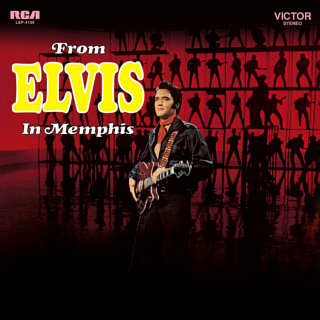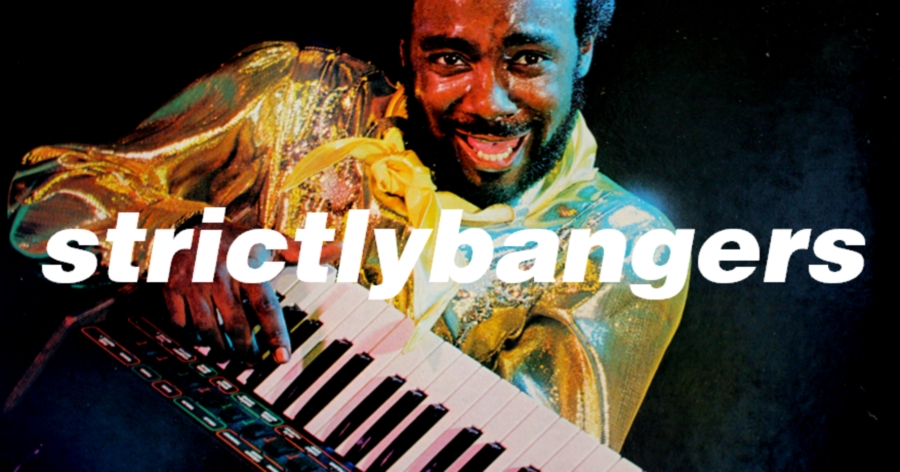
Guess what kiddies: Grandpa's back with more good time oldies. Today I bring you the real King. Forget that King of Pop crap (R.I.P. Michael [from your father's abuse and your lawsuit hush $]); this is the only King that matters. Most people our age fail to understand why, for example, Bob Dylan said the first time he heard Elvis' music was like "busting out of jail." As someone who's been to Graceland three times, (No...seriously, that's true.) I feel somewhat of a responsibility to educate, so I shall try my hardest.
In early December of 1968, NBC aired the now infamous Elvis "Comeback Special." Out of the spotlight for a while due to military service (where he first encountered amphetamines), a long courtship and eventual marriage to Priscilla, the art of the Hollywood movie-record tie-in, and a newfound affinity for and immersion in gospel music, Elvis reemerged in primetime for a carefully orchestrated return to form that drew 42% of the television viewing audience. The concert signified a changing of the guard in popular music. No longer content to milk it, Elvis desperately sought the relevancy he had lost, remarking to his producer that he'd "never sing another song that I don't believe in" and was "never going to make another movie that I don't believe in." Elvis the Hollywood puppet was no more. Elvis, always a staunch, God-fearing Christian, was tired of appeasement. He wanted to scare the straights, but he wanted to do so on his own terms.

As a clarification, Elvis was vehemently anti-drug. President Nixon, in a desperate attempt to improve his image among the nation's youth, posed for a photograph with Elvis and made him "Federal Agent At Large for the Bureau of Narcotics and Dangerous Drugs," a specially created position. In Elvis' mind, there was nothing "druglike" at all about the doctor-prescribed painkillers and doctor-approved pharmaceuticals he regularly abused. By contrast, Elvis was extremely upset at the suggestion by some that he was partially responsible for 1960's drug culture as a result of his influence on some of its most popular acts. This has been suggested by many as the single biggest reason why Elvis got it together for this concert. And thank God he did.
About a year after the show, Elvis returned to a Memphis recording studio and created this album,
From Elvis in Memphis, regarded by many as his seminal masterpiece. It contains well-known Elvis tunes like "In the Ghetto" (the original hip-hop chorus?,) "Suspicious Minds," and the somber, eloquent ballad "Long Black Limousine." As a nod to the changes in popular music which had occurred since Elvis last attempted to make relevant popular music, the album also includes a wistful take on The Beatles' "Hey Jude," which just might bring a tear to your eye. Simply put, I cannot recommend this album enough.
Check it out and you'll see why Rolling Stone ranked it as the #190 Greatest Album of All Time. Most importantly, you'll see why the King will live on forever...



